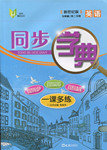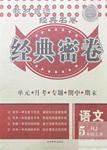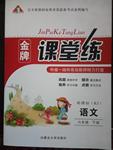|
阅读理解
How Long Can People Live?
She took up skating at age 85, made her first movie appearance at age 114, and held a concert in the neighborhood on her 121st birthday.
Whe n it comes to long life, Jeanne Calment is the world’s recordholder.She lived to the ripe old age of 122.So is 122 the upper limit to the human life span(寿命)?If scientists come up with some sort of pill or diet that would slow aging, could we possibly make it to 150-or beyond?
Researchers don’t entirely agree on the answers.“Calment lived to 122, so it wouldn’t surprise me if someone alive today reaches 130 or 135,”says Jerry Shay at the University of Texas.
Steve Austad at the University of Texas agrees.“People can live much longer than we think,”he says.“Experts used to say that humans couldn’t live past 110.When Calment blew past that age, they raised the number to 120.So why can’t we go higher?”
The trouble with guessing how old people can live to be is that it’s all just guessing.“Anyone can make up a number,”says Rich Miller at the University of Michigan.“Usually the scientist who picks the highest number gets his name in Time magazine.”
Won’t new anti-aging techniques keep us alive for centuries?Any cure, says Miller, for aging would probably keep most of us kicking until about 120.Researchers are working on treatments that lengthen the life span of mice by 50 percent at most.So, if the average human life span is about 80 years, says Miller,“adding another 50 percent would get you to 120.”
So what can we conclude from this little disagreement among the researchers?That life span is flexible(有弹性的),but there is a limit, says George Martin of the University of Washington.“We can get flies to live 50 percent longer,”he says.“But a fly’s never going to live 150 years.”
“Of course, if you became a new species(物种),one that ages at a slower speed, that would be a different story,”he adds.
Does Martin really believe that humans could evolve(进化)their way to longer life?“It’s pretty cool to think about it,”he says with a smile.
| 
 同步学典一课多练系列答案
同步学典一课多练系列答案 经典密卷系列答案
经典密卷系列答案 金牌课堂练系列答案
金牌课堂练系列答案 三新快车金牌周周练系列答案
三新快车金牌周周练系列答案